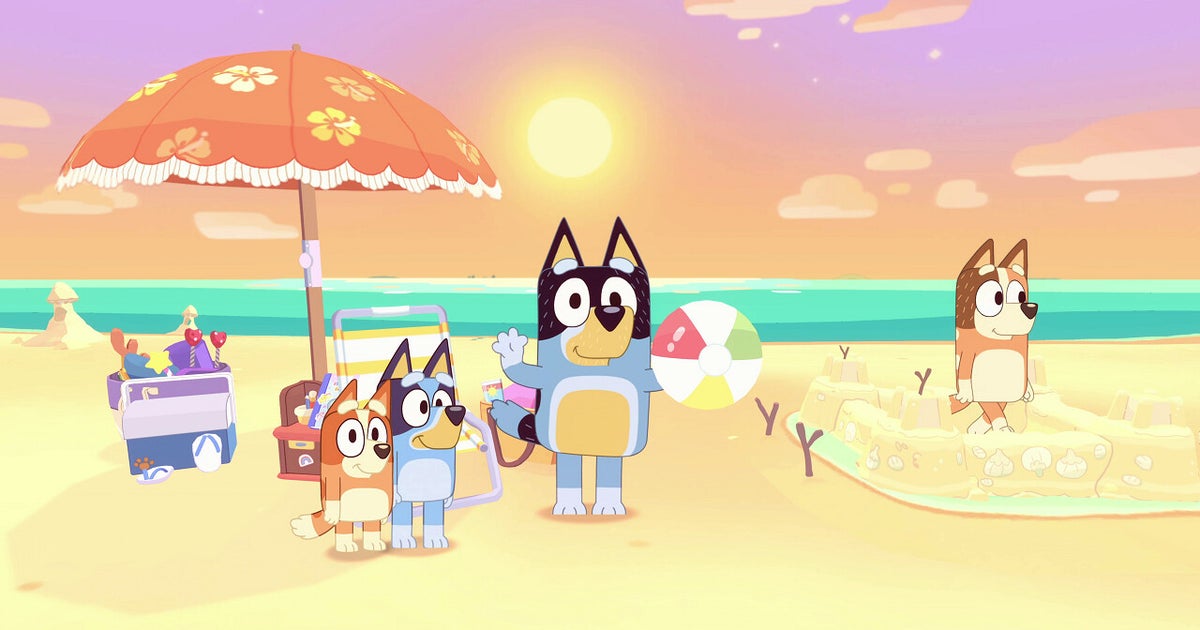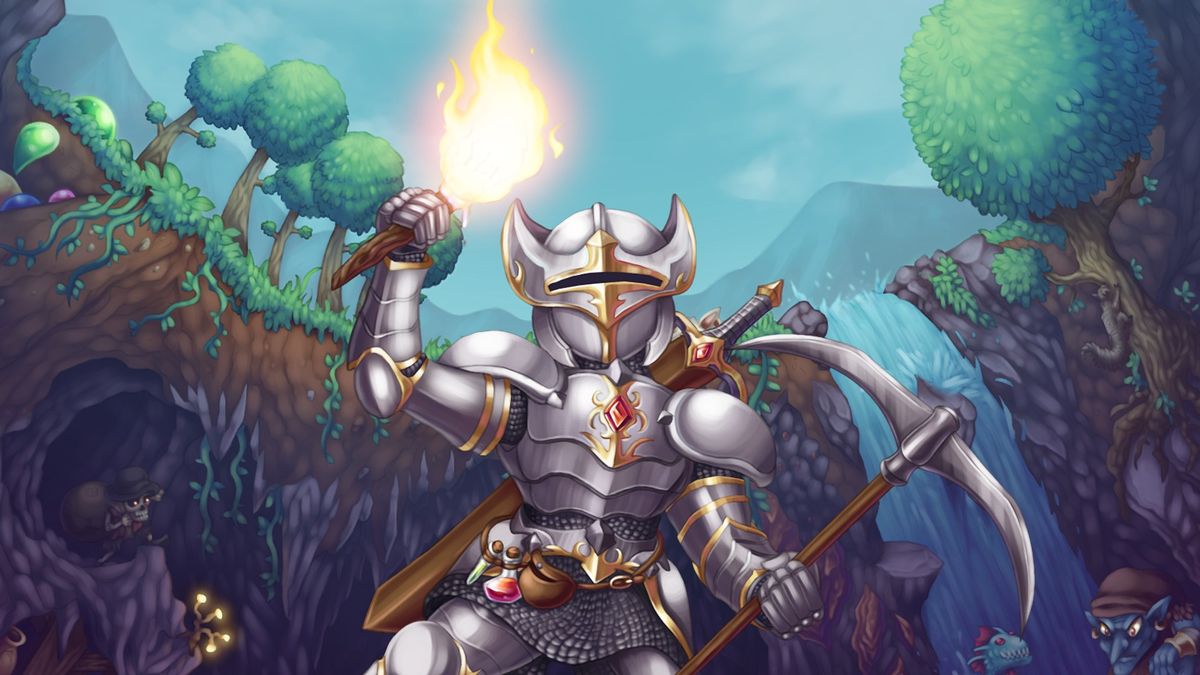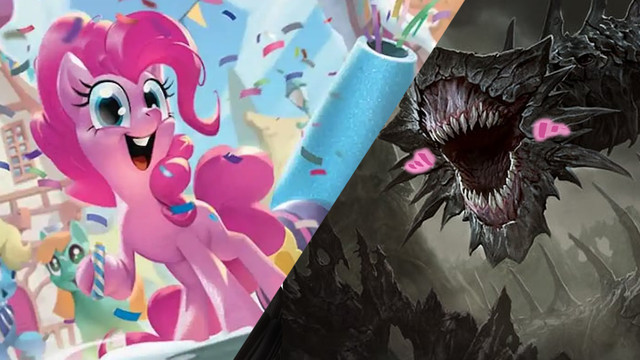Xbox Series X finally puts an end to physical media
Xbox Series X finally puts an end to physical media

Graphic: Michael McWhertor/Polygon | Source image: Microsoft via FTC
The All-Digital Xbox: A Step into the Future
The Xbox One Debacle and a Pinball Wizard
Over a decade ago, Microsoft’s gaming division, guided by the seemingly malfunctioning automaton Don Mattrick, unveiled the Xbox One to the world. The console was meant to lead us into an all-digital future, where buying game licenses surpassed owning physical copies. Yet, gamers and the press erupted in outrage, with Eurogamer delivering a pitiless verbal beatdown. Sony even took the opportunity to mock Microsoft live at E3, landing a finishing move in the console wars. Ouch! The Xbox One’s reputation was tarnished, but fear not, a new hero would soon emerge.
Phil Spencer: The Savior We Needed
Out with the old and in with the personable Phil Spencer! Microsoft’s new gaming frontman stepped up to rebuild trust and revolutionize the Xbox brand. While Mattrick had glimpsed the future, his timing was off. Spencer, however, knew the score. Leaked plans reveal a mid-generation refresh of the Xbox console range, featuring a sleek and shiny “all-digital” Xbox Series X without a disc drive. Its digital-only sibling, the Series S, is already rocking the market. Sony is also cautiously dipping its toes by offering an optional disc drive for its mid-generation PlayStation 5 refresh. Nintendo, of course, will stay loyal to its game cartridges like an old-fashioned romantic.
Dunking Discs, Saving Money… and Memories?
With Microsoft leading the charge, we enter a new era of console gaming – the digital-only generation. These days, we’re all experts at accumulating virtual libraries, so the outcry from 2013 won’t be as intense. Digital distribution offers convenience and accessibility across multiple devices. It’s the sustainable choice, too (despite the environmental footprint of massive downloads and cloud streaming). Ultimately, the market has spoken, and Microsoft has heeded the call. It’s clear that physical game sales have shrunk to the point where going all-digital makes financial sense.
Steam Didn’t Steal the Show
PC gaming, thanks to Valve’s trailblazing creation – Steam, bid farewell to physical releases long before Mattrick’s infamous proclamation. Consoles, on the other hand, maintained a closer relationship with retailers. While Microsoft boldly moves away from physical games, its competitors are cautiously following suit. Sony, hedging their bets, provides the option for a detachable disc drive in the mid-generation refresh of the PlayStation 5. Meanwhile, Nintendo stays true to its roots, supporting good ol’ game cartridges with its upcoming successor to the Switch.
- Starfield reaches 10M players in under 3 weeks – GameTopic
- Like a Dragon: Infinite Wealth releases in Jan 2024.
- Dragon Quest 3 HD, long-awaited by JRPG fans, is making steady prog...
Microsoft’s Retail Reset
By leaving the games retail business behind, Microsoft gains numerous advantages. They become the sole licensor and distributor of Xbox console games, bypassing giants like Amazon and GameStop. Pricing freedom also comes into play. Unlike retailers, who can choose to undercut recommended retail prices, digital storefronts are stuck with the set price. This explains why digital copies of new releases often cost a full $70, while physical copies can be found at a $10 discount. Could Microsoft shake things up with more competitive prices and challenge the reigning king of digital game sales, Steam? Unlikely, given the ever-increasing costs of game development.
Goodbye, Tangible Memories
Sadly, the switch to digital games doesn’t bring many benefits for consumers. Digital games hold no resale value, and retailers will undoubtedly suffer. Furthermore, the removal of physical games raises concerns about game preservation. While digital collections seem everlasting, they rely solely on the whim of storefront operators. Publishers can delist games, consigning them to oblivion. Just ask Marvel’s Avengers. In an all-digital future, delisted games become completely inaccessible, lost to the sands of time.
The Future: A Bittersweet Symphony
Microsoft’s groundbreaking move towards an all-digital console gaming platform feels inevitable. It aligns with the direction technology is heading and satisfies the desires of the gaming community. However, as we step forward, we lose a connection to our collective gaming past. It’s a loss that can never be undone. Farewell, physical games, you shall be missed, but the show must go on.

.png?width=1200&height=630&fit=crop&enable=upscale&auto=webp)




